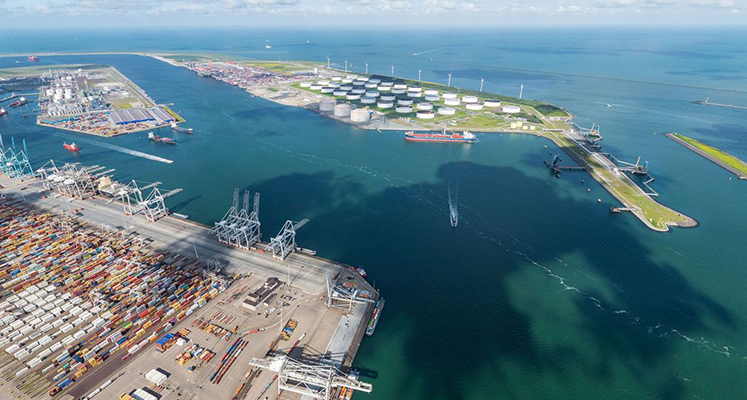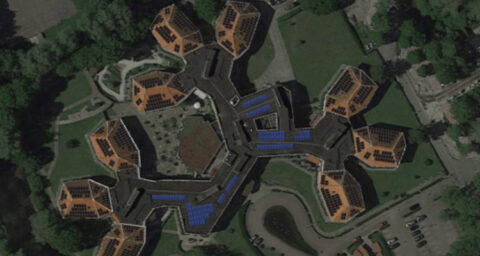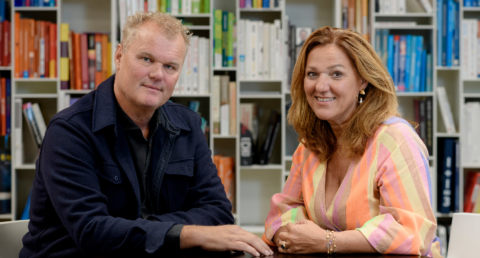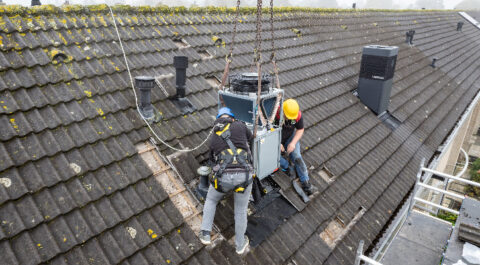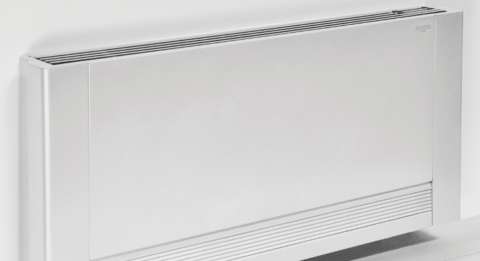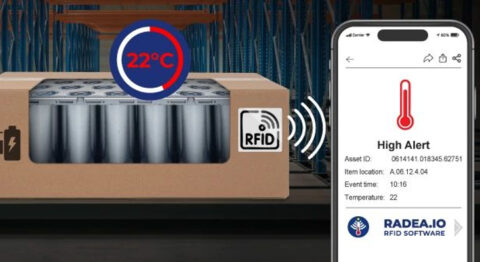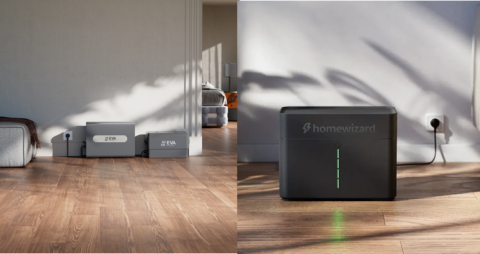Porthos has made the final investment decision. Construction of the first majorCO2 transport and storage system in the Netherlands will start in Rotterdam in 2024. The Porthos system is expected to be operational in 2026. The Porthos infrastructure involves an investment amount of €1.3 billion. Now that the final investment decision has been made, Porthos will award the final contracts to the contractors who will realize the project.
The final decision follows the ruling by the Council of State. That ruled in August that the construction of the system could go ahead, despite objections from nature organization MOB about the impact on nature of the nitrogen released by the work.
The companies Air Liquide, Air Products, ExxonMobil and Shell will capture CO2 and supply it to Porthos. They will invest in the capture installations themselves. Porthos will then transport the CO2 through the port of Rotterdam to empty gas fields 20 kilometers off the coast. There the CO2 will be permanently stored under the North Sea floor.
Climate Goals
Porthos will store about 2.5 megatonnes per year for 15 years, up to a total of 37 megatonnes of CO2. With that, the project is sold out, according to Porthos. According to Porthos, the onshore transportation system being constructed does provide space for future CO2 storage projects. The European Union has recognized Porthos as an important project for meeting climate goals and has made 102 million euros in subsidies available for it.
Porthos is a joint venture of EBN, Gasunie and the Port of Rotterdam Authority. Porthos provides transport and storage services forCO2 to a number of companies in the port of Rotterdam. The companies Air Liquide, Air Products, ExxonMobil and Shell will captureCO2 and supply it to Porthos. To this end, they will invest in capture installations themselves. Porthos will then transport theCO2 through the Port of Rotterdam to empty gas fields about 20 km off the coast. There theCO2 is permanently stored at 3 to 4 km under the North Sea floor. Porthos will store about 2.5 Mton per year for 15 years, to a total of about 37 Mton. With that, Porthos is sold out. The onshore transportation system being constructed does provide space for futureCO2 storage projects.
Important pillar
Hans Meeuwsen, Porthos director: "CO2 storage is crucial if we want to achieve the climate goals in the Netherlands. This investment decision is an important starting point for future developments inCO2 storage in the Netherlands."
CO2 capture and storage (CCS) is a cost-effective way to keep large amounts ofCO2 out of the atmosphere in the short term. CCS is therefore an important pillar of the government's climate policy. Thanks to Porthos, the Rotterdam port industry will soon emit about 10% lessCO2. At the same time, the industry is working on the transition to processes based on renewable energy and raw materials.
To realize the project, Porthos is working with TAQA Energy, the current operator of the P18 gas fields, and specialized contractors and suppliers such as Denys N.V., Allseas, LMR Drilling GmbH, Mannesmann Grossrohr GmbH, Corinth Pipeworks, Equans, Ensco Offshore, Van der Ven and Bonatti. They are jointly responsible for the construction of the relevant infrastructure.
The European Union has recognized Porthos as an important project for meeting climate goals and has designated it as a Project of Common Interest and provided €102 million in funding for this purpose.
